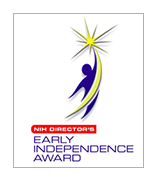2022 Awardees

Corina Amor Vegas, M.D., Ph.D.
Cold Spring Harbor Laboratory
Project Title: Deconstructing Aging with Senolytic CAR T Cells
Grant ID: DP5-OD033055
Corina joined Cold Spring Harbor Laboratory in January 2022. Her lab group studies cellular senescence in cancer and aging with a focus on senescence immune surveillance and the development of cell-based senolytics. Corina received an M.D. from Universidad Complutense de Madrid in Spain in 2017 and then enrolled in the Gerstner Sloan Kettering Graduate School at Memorial Sloan Kettering Cancer Center in NY where she earned a Ph.D conducting her doctoral research in the laboratory of Scott W Lowe. Her thesis work focused on developing immune-based strategies to target senescent cells. This included studies to identify surface markers of senescent cells, pioneering the use of CAR T cells as senolytics and the development of flexible somatic cancer mouse models. Her work on senolytic CAR T cells was widely highlighted in leading journals in the field and earned her the Chairman’s Prize Award from Memorial Sloan Kettering. In 2022 Corina established her own research group as an Independent Fellow at Cold Spring Harbor Laboratory.
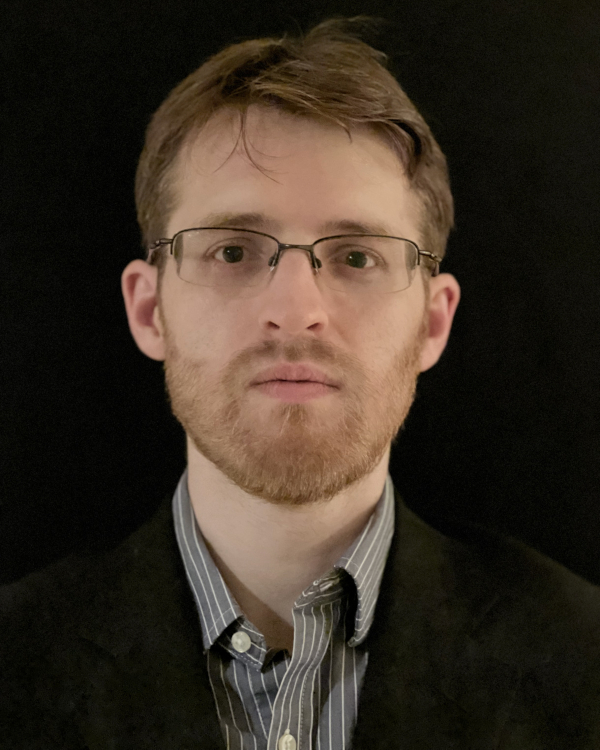
Andrew J. Beel, M.D., Ph.D.
Stanford University
Project Title: Structure and Pharmacologic Modulation of the Mitotic Chromosomes Central Axis
Grant ID: DP5-OD033431
Andrew Beel is a junior faculty member in the Department of Structural Biology at the Stanford University School of Medicine. He received an M.D. and Ph.D. in Biophysics from Stanford University, where he studied the structure and condensation of the eukaryotic chromosome under the supervision of Roger Kornberg. By combining approaches from biochemistry and structural biology, his research program aims to elucidate the organizing principles of the axial core of the metaphase chromosome.
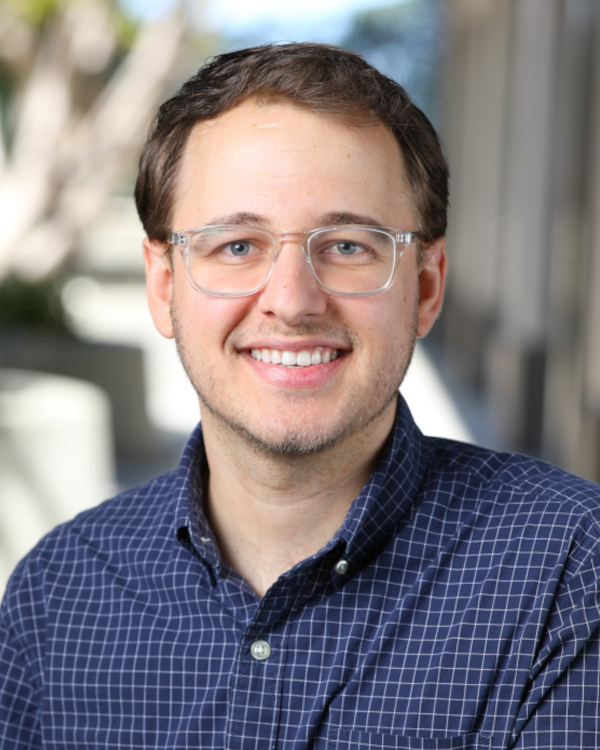
Alexander Gitlin, M.D., Ph.D.
Memorial Sloan Kettering Cancer Center
Project Title: Insights from Complex Immune Disorders: How an Apoptotic Caspase Unleashes Inflammation
Grant ID: DP5-OD033360
Alexander Gitlin, MD, PhD, is an Assistant Professor in the Immunology Program of the Sloan Kettering Institute at Memorial Sloan Kettering Cancer Center. The Gitlin lab studies molecular and cellular mechanisms of inflammatory cell signaling, guided by a complex group of monogenic immune disorders that lie at the intersection of cell death and signaling. Prior to starting his lab at Sloan Kettering, Alex was a Visiting Scientist at Genentech and an Instructor at Stanford University School of Medicine, where he completed his residency in clinical pathology. Alex received his MD from Weill Cornell and PhD from Rockefeller University as part of the Tri-Institutional MD-PhD program. His work has been recognized with the Harold M. Weintraub Graduate Student Award and a Burroughs Wellcome Fund - Career Award for Medical Scientists.
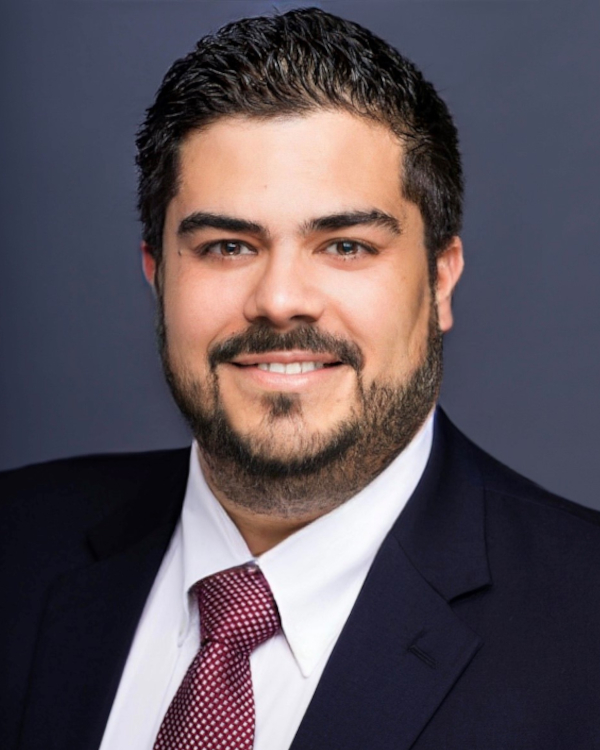
Gary Grajales-Reyes, M.D., Ph.D.
Washington University Saint Louis
Project Title: CAR-Based Approaches for the Treatment of Alzheimer's Disease
Grant ID: DP5-OD033428
Funded by the National Institute on Aging
Gary Grajales-Reyes is a post-doctoral research associate in the Department of Pathology and Immunology at Washington University School of Medicine in St. Louis. His research focuses on (1) the development of cell and gene-therapy models for the treatment of neurodegenerative diseases and (2) the transcriptional regulation of microglial and border-associated macrophage development. Gary received his B.S. in Molecular Biology from the University of Puerto Rico, he then earned his M.D. Ph.D. from Washington University School of Medicine in St. Louis, where he worked with Dr. Kenneth Murphy studying transcriptional regulation of Dendritic Cell development. As a member of the Clinical Pathology Physician Scientist Program at Barnes-Jewish Hospital and Washington University in St Louis, Gary joined Dr. Marco Colonna’s laboratory for his postdoctoral research on the development of phagocytic chimeric antigen receptors for the treatment of Alzheimer’s disease.
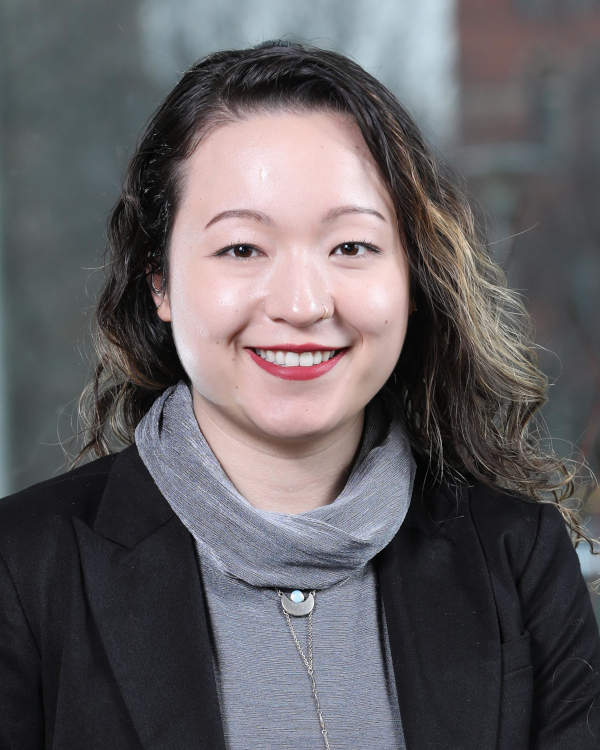
Lisa Hiura, Ph.D.
University of Colorado
Project Title: Functional Ontogeny of Pair Bonding Neural Circuits
Grant ID: DP5-OD033437
Lisa Hiura received her Ph.D in Psychology at Cornell University and is an NSF Postdoctoral Fellow in the Molecular, Cellular & Developmental Biology department at the University of Colorado Boulder. Her research employs interdisciplinary and ethological approaches to the study of social behavior, with a particular emphasis on the ontogenetic processes that structure social reward systems in the brain. She utilizes nontraditional monogamous prairie voles as a study system because they, like humans, form enduring pair bonds with their mates and exhibit biparental care. Her goal is to investigate how pair bonding neural substrates are organized across development and evolution to promote healthy social attachments, and how disruption of these neurodevelopmental processes can lead to maladaptive disease states.
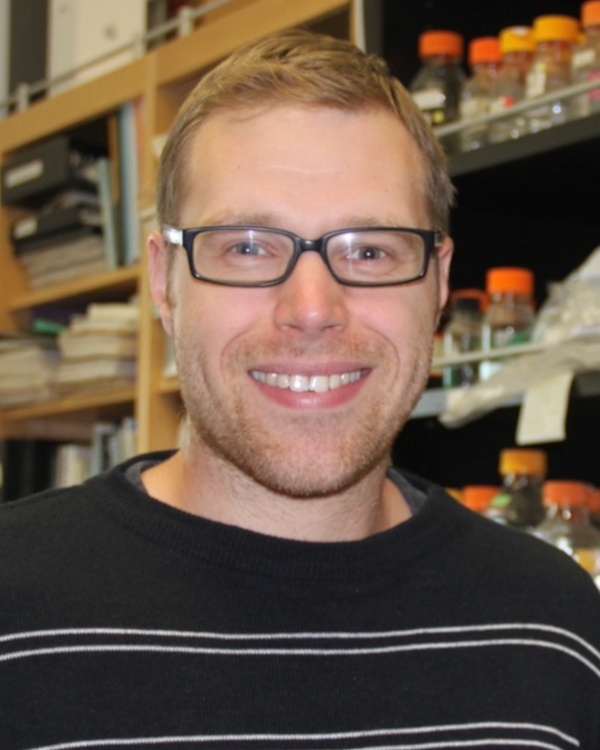
Magnus Hoffmann, M.Pharm, Ph.D.
California Institute of Technology
Project Title: Self-Assembling Spike-EBR Nanoparticles as a Vaccine Platform Technology Against SARS-CoV-2 and Future Pandemic Coronaviruses.
Grant ID: DP5-OD033362
Magnus Hoffmann is a post-doctoral scholar in Biology and Biological Engineering at the California Institute of Technology. As a graduate student in Pamela Bjorkman’s laboratory, he developed the EBR nanoparticle vaccine technology, in which viral surface proteins such as coronavirus spike proteins are modified to self-assemble into virus-resembling nanoparticles that bud from the cell surface. Magnus will apply this technology to develop a hybrid vaccine approach that combines the best attributes of mRNA- and protein-based vaccines against SARS-CoV-2 and other viral pathogens. This hybrid approach has the potential to enhance the potency of mRNA-based vaccines to ensure lasting protection against variants of concern. Magnus’ research will also focus on developing pan-coronavirus vaccine strategies to prevent future pandemic outbreaks by targeting immune responses to epitopes that are conserved among coronavirus strains.

Yun Rose Li, M.D., Ph.D.
Beckman Research Institute; City of Hope National Medical Center
Project Title: Biomarkers, Mechanisms and Modulation of Oxidative Stress Associated Risk Factors in Carcinogenesis
Grant ID: DP5-OD033424
Dr. Yun Rose Li is a radiation oncology physician-scientist dedicated to advancing the frontiers of translational research and clinical care of patients with genitourinary/gastrointestinal cancers. She leads a combined molecular biology and computational research laboratory at the City of Hope Comprehensive Cancer Center, where she is an assistant professor and attending physician, and holds a joint appointment at the Translational Genomics Research Institute. Dr. Li’s research focuses on how inflammation, oxidative stress in particular, affects cancer risk and treatment response, as well as how to use metabolic interventions to modulate oxidative stress in order to improve treatment outcomes and toxicity following radiation therapy. Using a combination of cutting-edge molecular biology techniques, advanced computational tools, and clinically relevant animal models in conjunction with first-in-human clinical trials, the Li laboratory hope to bring precision medicine approaches to treating advanced prostate, bladder, renal, and colorectal malignancies and ultimately improve the duration and quality of life of cancer survivors undergoing radiotherapy. Dr. Li completed her combined MD/PhD degree at the University of Pennsylvania and Children’s Hospital of Philadelphia followed by residency training as a part of the Holman Research Pathway in Radiation Oncology at the University of California San Francisco.

Danny E. Miller, M.D., Ph.D.
University of Washington
Project Title: Long-Read DNA and RNA Sequencing to Identify Disease-Causing Genetic Variation and Streamline Testing
Grant ID: DP5-OD033357
Danny E. Miller is an Assistant Professor at the University of Washington in the Department of Pediatrics, Division of Genetic Medicine, and the Department of Laboratory Medicine & Pathology. His research mission is twofold: to reduce the burden of undiagnosed genetic diseases on patients and their families and to better understand the causes of human genetic disease. To do this, the Miller lab uses new technologies, such as long-read DNA and RNA sequencing, to improve the efficiency and effectiveness of genetic testing and to identify and characterize novel disease-causing genetic variation. Danny first began using long-read sequencing during his graduate training at the University of Kansas and the Stowers Institute for Medical Research under the mentorship of R. Scott Hawley, and later continued to gain expertise in the field while performing research in Evan Eichler’s lab during his combined residency in Pediatrics and Medical Genetics at Seattle Children’s Hospital and the University of Washington.
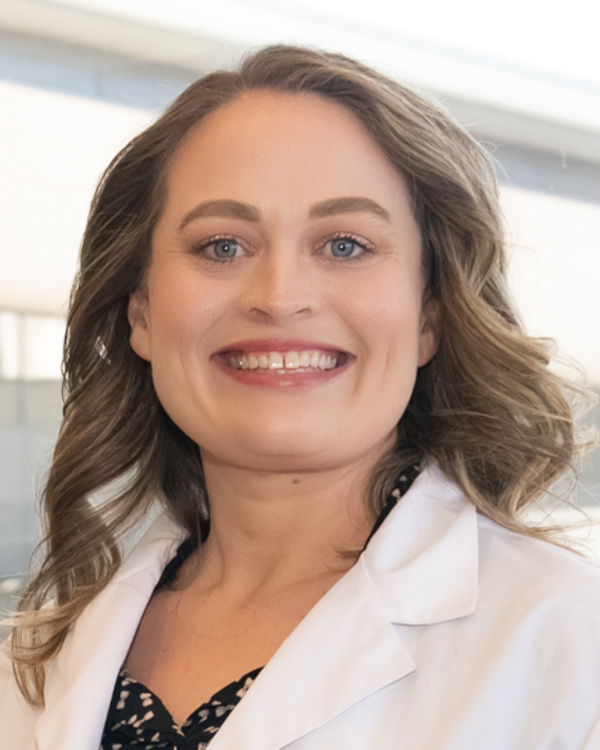
Sarah R. Ocañas, Ph.D.
Oklahoma Medical Research Foundation
Project Title: Sex Chromosomal Regulation of Hippocampal Microglial Activation with Alzheimer's Disease and Aging
Grant ID: DP5-OD033443
Sarah Ocañas, Ph.D. is an Assistant Member (Assistant Professor equivalent) in the Genes and Human Disease Research Program at the Oklahoma Medical Research Foundation. The Ocañas lab is working to uncover the genomic and hormonal drivers of sex differences in the aging brain and with Alzheimer’s disease (AD), with the ultimate goal of developing sex-informed therapeutics for AD. Dr. Ocañas earned her Ph.D. in the lab of Dr. Bill Freeman at the University of Oklahoma Health Sciences Center for her NRSA-F31 dissertation project “Epigenetic regulation of sexually divergent neuroinflammation with brain aging and Alzheimer’s disease”. Prior to her Ph.D., Dr. Ocañas completed her B.S. in Biology and Mathematics at SUNY Geneseo and M.S. in Mathematics at UT Brownsville, focusing on computational molecular biology. She also served as a Teach For America high school mathematics teacher in the Rio Grande Valley of Texas and is the Chair of the American Aging Association Trainee Chapter.
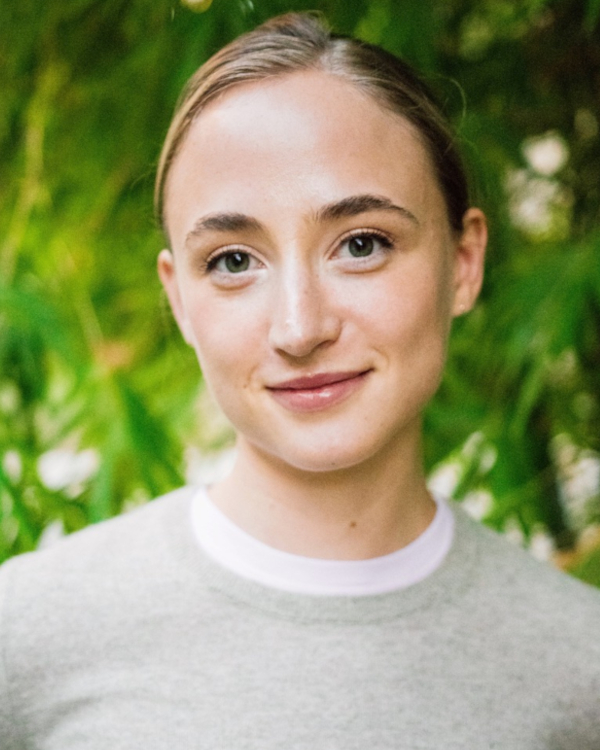
Margaux Pinney, Ph.D.
University of California, San Francisco
Project Title: Leveraging Adaptive Evolution and High-Throughput Techniques to Dissect the Link Between Biochemical Function and Fitness
Grant ID: DP5-OD033413
Margaux Pinney, Ph.D., is a Sandler Fellow in the Department of Biochemistry and Biophysics at University of California, San Francisco. Margaux received her Ph.D. in Biochemistry at Stanford University, where she studied the molecular mechanisms of enzyme function and evolution in Dr. Daniel Herschlag’s Lab, focusing on how enzymes evolve to work at different environmental temperatures. Margaux then joined the laboratories of Dr. Polly Fordyce and Dr. Gavin Sherlock at Stanford to adapt and develop high-throughput in vitro and in vivo methods for dissecting enzyme sequence-function relationships. The Pinney Lab studies the molecular mechanisms of enzyme function and evolution using a combination of high-throughput biochemistry, organism fitness methods, and computation to integrate information across biological scales. The central goals of the Pinney Lab are to: (1) develop new methods for high-throughput biochemistry via microfluidics, and then use these methods to (2) reveal the design principles of enzymes and (3) provide a fundamental understanding of enzyme evolution.
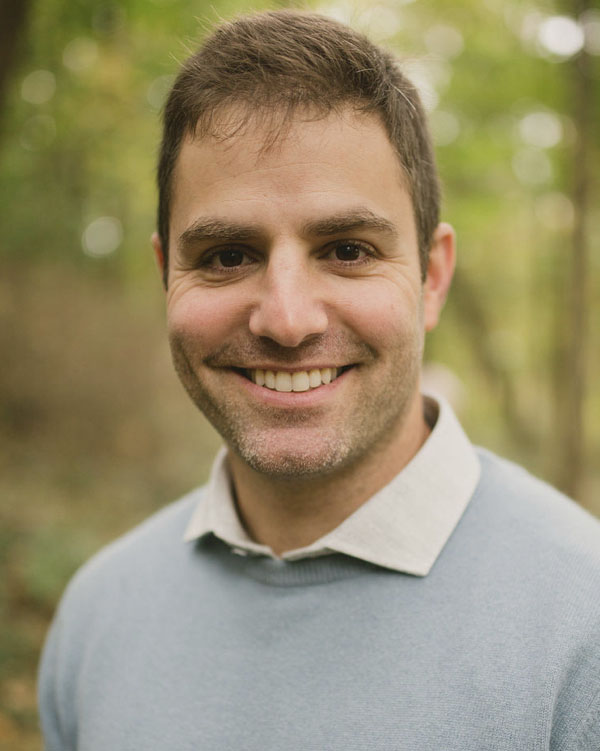
Andy Terker, M.D., Ph.D.
Vanderbilt University Medical Center
Project Title: Innovative Therapeutic Approaches to Treat Chronic Kidney Disease
Grant ID: DP5-OD033412
Andy Terker is an Assistant Professor of Medicine at Vanderbilt University Medical Center. He completed his M.D. and Ph.D. training at Oregon Health and Science University in Portland, Oregon, and his Internal Medicine residency at Vanderbilt. His scientific observations have revealed mechanisms by which the kidney senses and responds to changes in dietary micronutrient content and how these molecular changes contribute to cardiovascular and kidney disease. His current research program centers on clarifying the roles of potassium channels in distinct organ systems to coordinate electrolyte homeostasis and identifying novel targets for the treatment of chronic kidney disease.
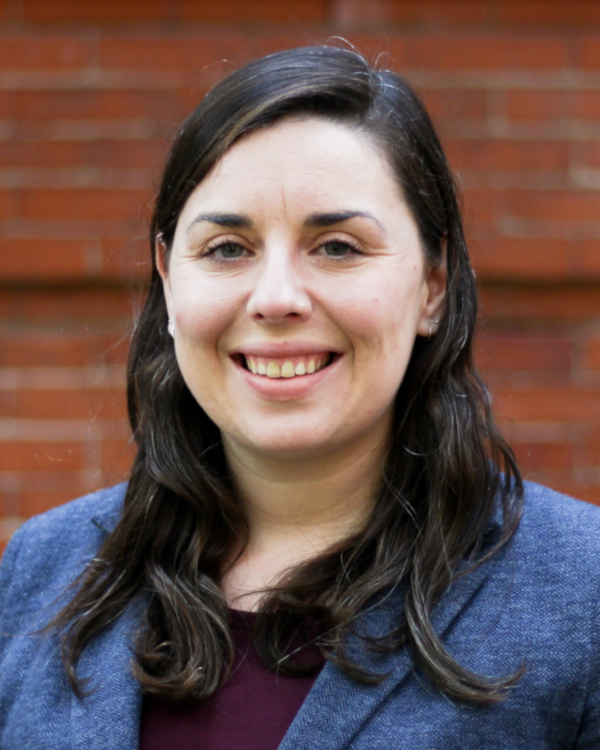
Mary D. Willis, Ph.D., M.P.H.
Boston University Medical Campus
Project Title: A Preconception Cohort Study on Oil and Gas Development, Fertility, and Pregnancy
Grant ID: DP5-OD033415
Mary D. Willis, Ph.D., M.P.H., is an Assistant Professor in the Department of Epidemiology at the Boston University School of Public Health. Her expertise lies at the expertise lies at the intersection of environmental epidemiology, spatial exposure assessment, and applied data science, and she is particularly interested in how epidemiological studies can be best designed to inform health-protective policy decisions. To date, Dr. Willis has primarily focused on how on exposures from the energy sector (e.g., oil and gas development, traffic-related air pollution) and other aspects of the built environment (e.g., green space, neighborhood disadvantage) influence reproductive health outcomes (e.g., fertility, pregnancy, birth.) Her doctoral training was supported by a predoctoral fellowship in clinical and translational sciences (TL1-TR002371) and a Ruth L. Kirschstein Predoctoral Individual National Research Service Award in environmental health (F31-ES029801.) Dr. Willis earned a B.A. in Epidemiology and Environmental Studies from the University of Rochester, an M.P.H from the University of Rochester, and a Ph.D. in Public Health with a concentration in Environmental and Occupational Health and a minor in Biological Data Sciences from Oregon State University.
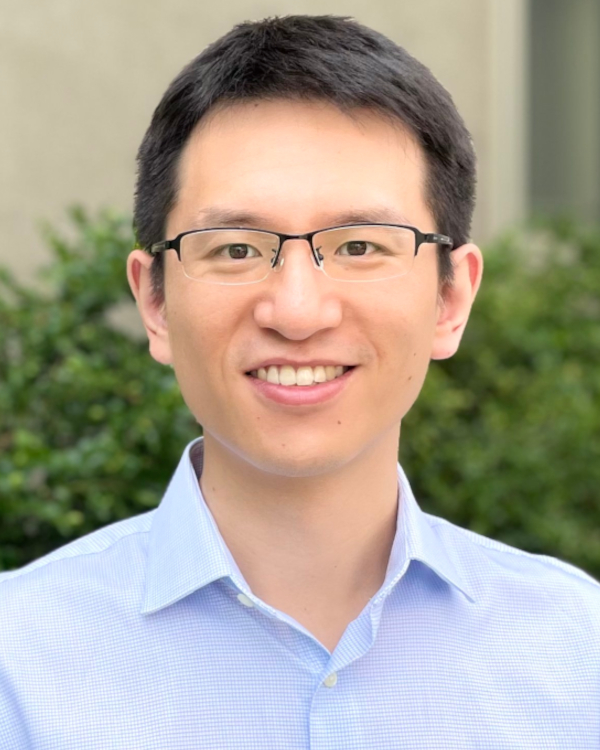
Bo Xia, Ph.D
Broad Institute of MIT & Harvard; Harvard University
Project Title: Transposable Element Interaction and Its Impact on Human Development and Health
Grant ID: DP5-OD033430
Bo Xia is Gene Regulation Observatory Fellow and a Principal Investigator at the Broad Institute, and a Junior Fellow of the Society of Fellows at Harvard University. He received B.S. degree from China Agricultural University with thesis research in Dr. Chengqi Yi’s lab at Peking University, followed by Ph.D. study at NYU School of Medicine, co-mentored by Drs. Itai Yanai and Jef D. Boeke. Xia joined the Broad Institute in 2022, leading a team to develop high-throughput experimental and computational approaches to identify functional DNA elements and novel regulators of the genome. Xia aims to understand the principles and mechanisms in genome sciences, how their dynamic regulation determines cell fates, and further, how they modulate human development and evolution, and go awry in diseases. Besides the NIH Director’s Early Independent Award, Xia is a recipient of multiple prestigious early career-stage awards, including the 2020 Regeneron Prize for Creative Innovation and the Harold M. Weintraub Graduate Student Award in 2022.
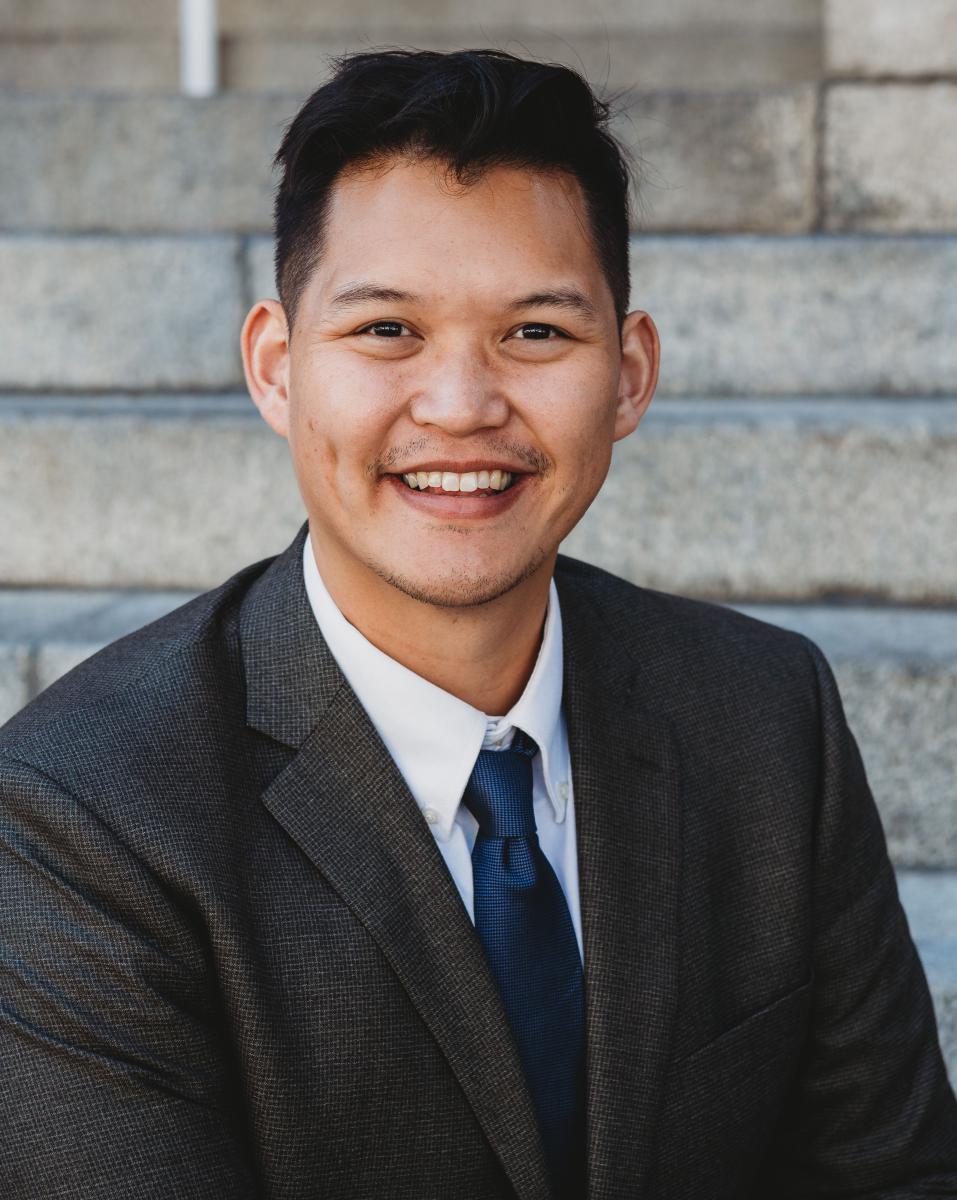
Andrew C. Yang, Ph.D.
University of California, San Francisco
Project Title: Molecular Tools To Decipher Communication Across the Blood-Brain Barrier
Grant ID: DP5-OD033381
Andrew Yang is a UCSF Sandler Faculty Fellow in the Department of Anatomy and Bakar Aging Research Institute. He received his undergraduate degrees in mechanical engineering and materials science from MIT followed by a Ph.D. in bioengineering from Stanford University. Andrew’s graduate research with Tony Wyss-Coray focused on understanding the molecular mechanisms and functional relevance of blood-brain barrier transport in brain aging and neurodegenerative disease. Andrew’s lab at UCSF engineers new tools to decode the molecular logic of protein and immune cell crosstalk between the brain and body.


